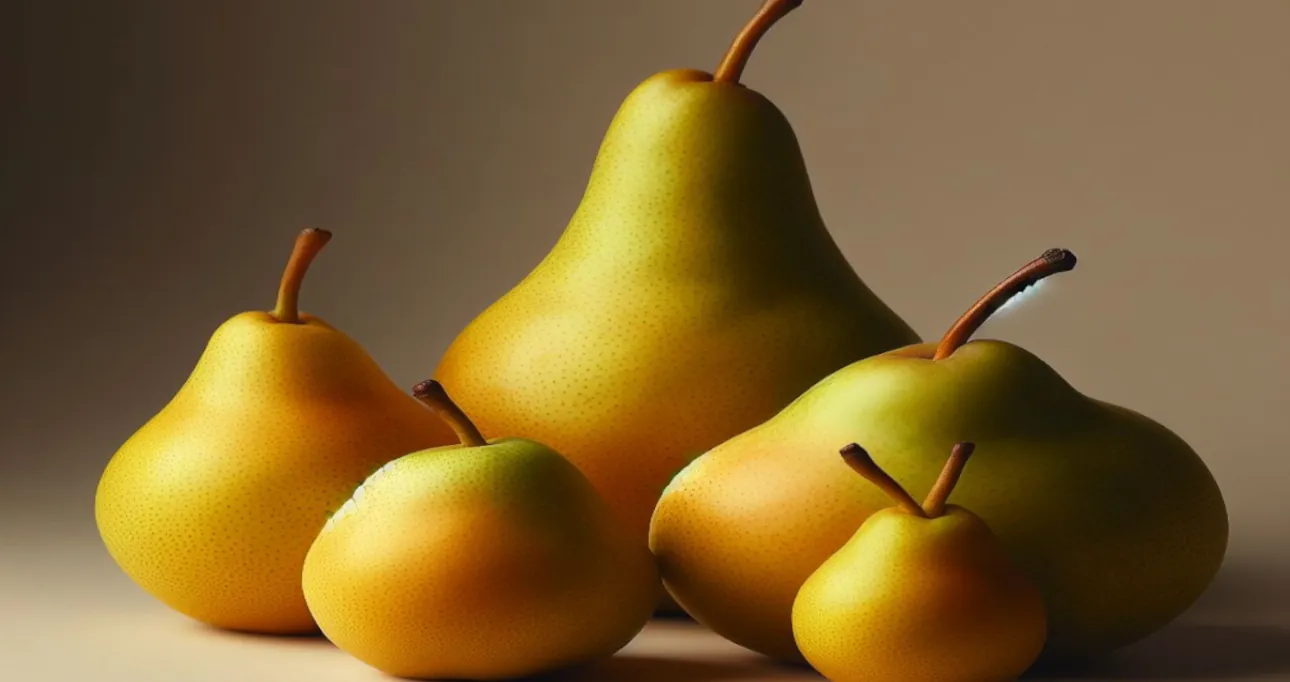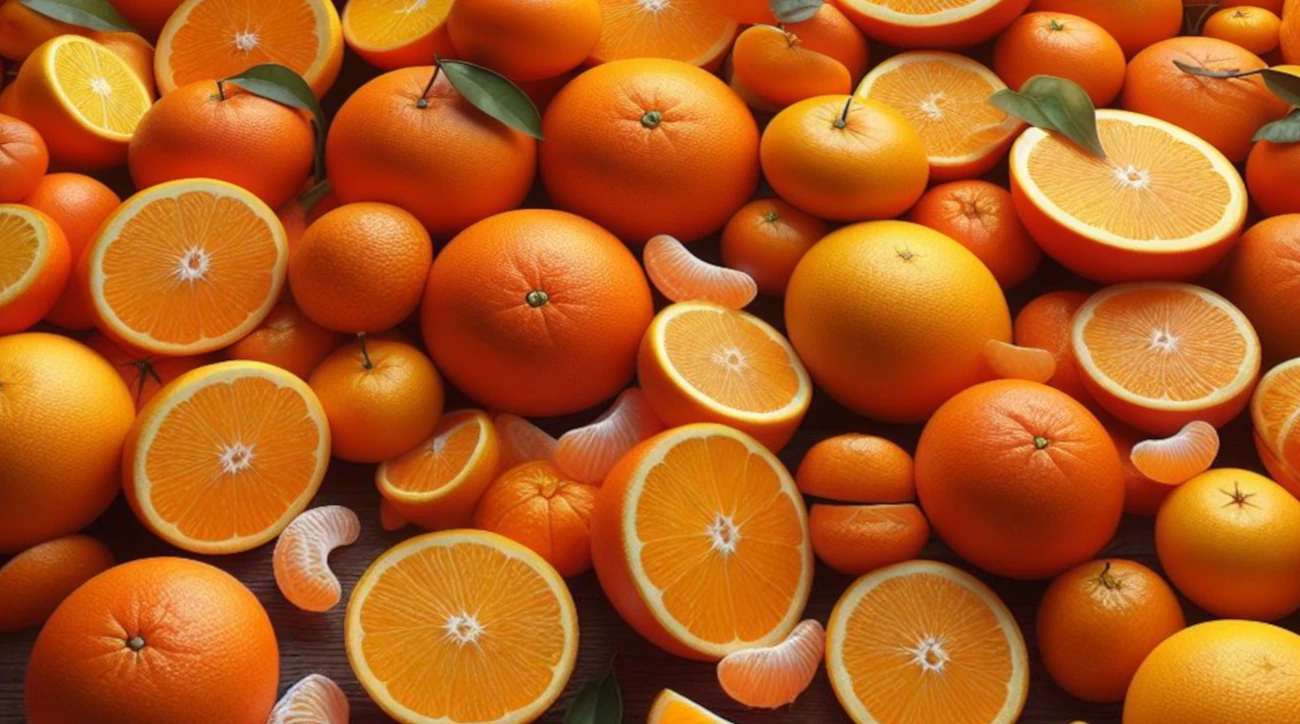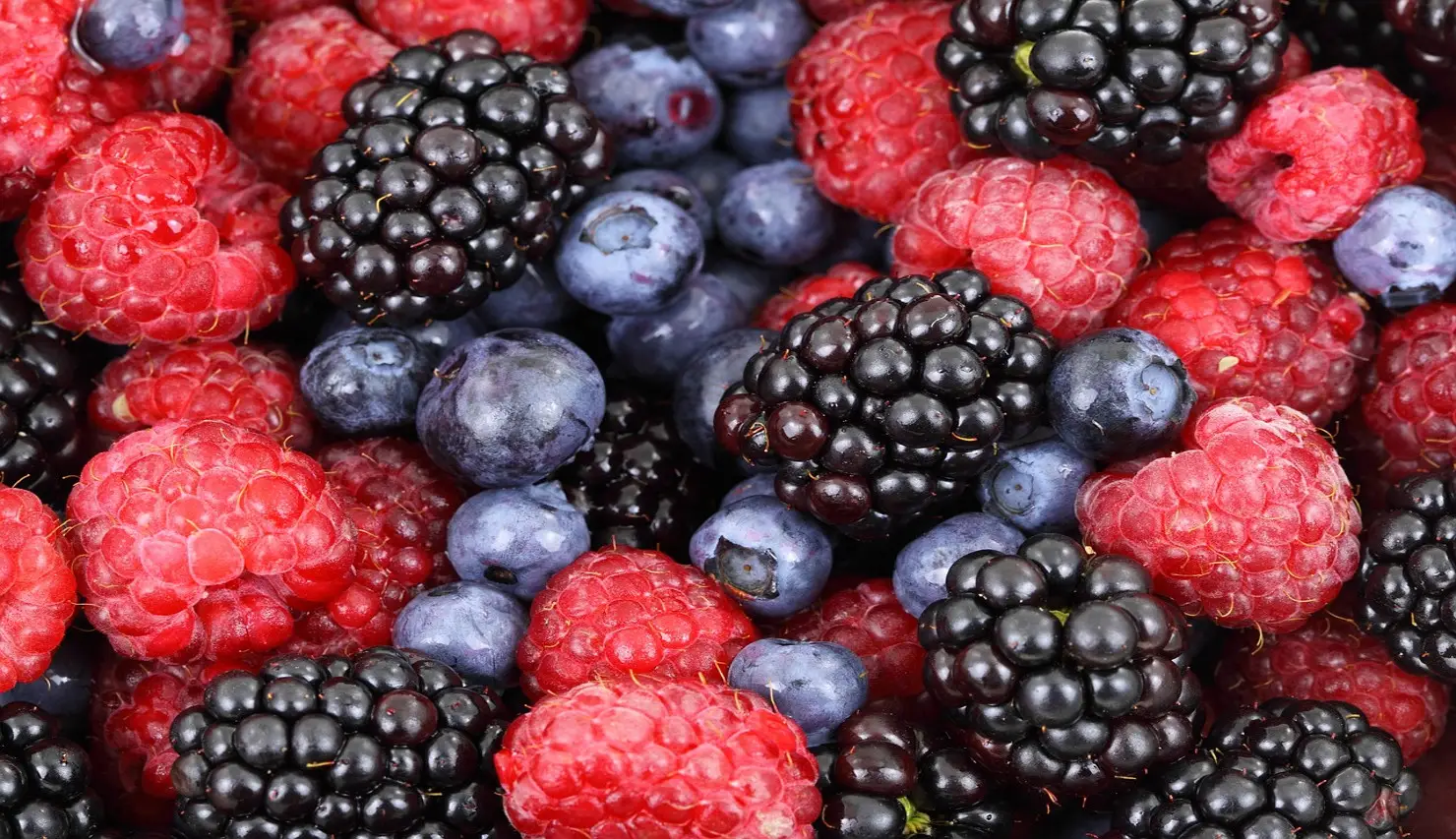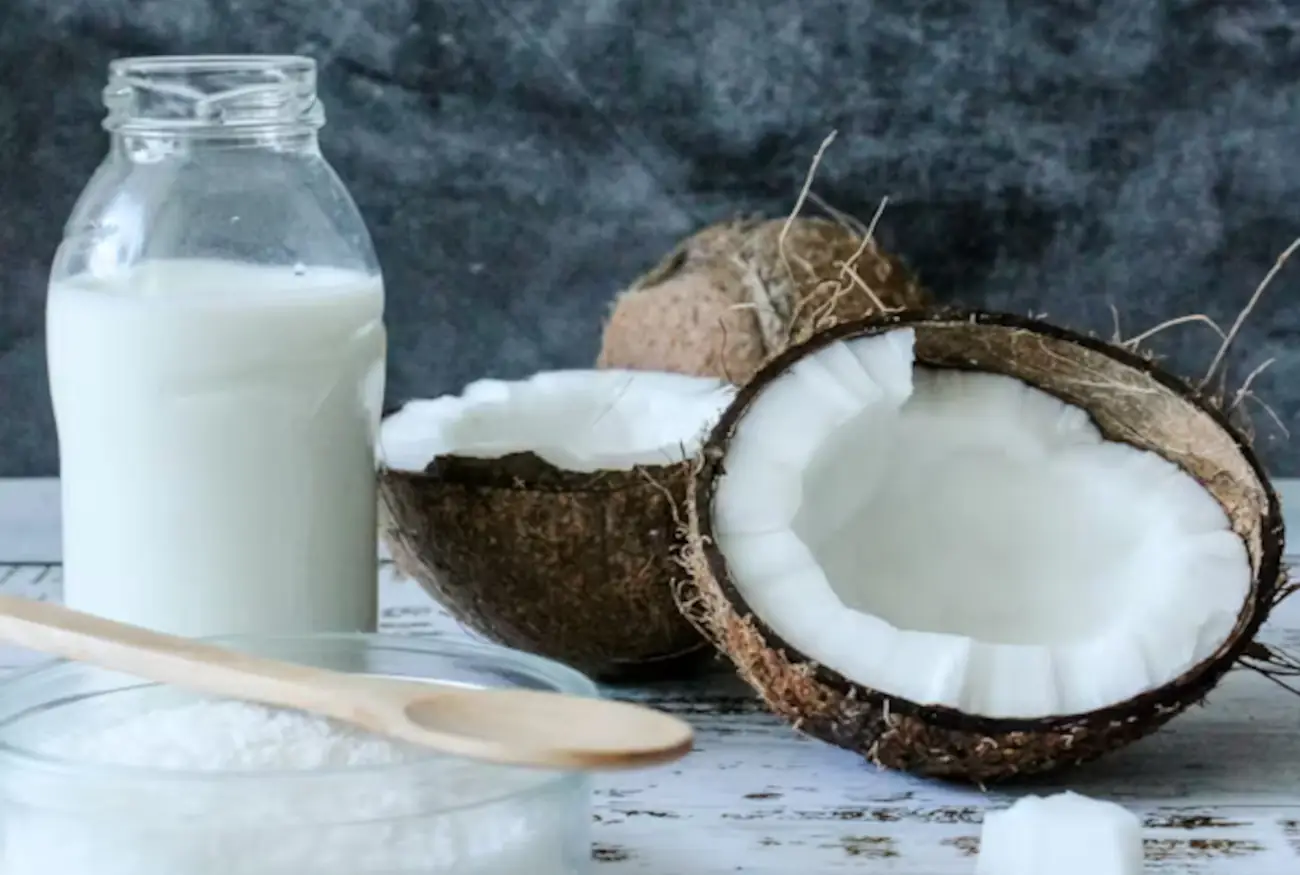Apple Lysine and Arginine Info Sheet
Overview
Apple is a round, red, green, or yellow fruit that has a crisp and sweet flesh.It is one of the most popular and widely consumed fruits in the world.
It is usually eaten raw or cooked, or used in juices, ciders, pies, and sauces.
Apple is low in calories and high in vitamin C, potassium, and fiber.
It also contains antioxidants, such as quercetin, that may have anti-inflammatory, anti-allergic, and anti-cancer effects.
Apple may help lower cholesterol, blood pressure, and blood sugar levels, and prevent or treat constipation.
Apple may cause allergic reactions in some people, especially those who are sensitive to birch pollen.
| Name | Lysine (mg/100g) | Arginine (mg/100g) | Ratio |
|---|---|---|---|
| Apple | 11.33mg | 5.33mg | 2.13 |
Apple contains 11.33mg of Lysine and 5.33mg of Arginine per 100g of product.
This means Apple has a very high Lysine-Arginine ratio of 2.13.
Because Apple contains much higher levels of lysine than arginine, it is highly recommended for people who suffer from herpes, as it may prevent outbreaks.
Lysine Considerations
Lysine is an essential amino acid that is important for protein synthesis, collagen formation, and immune function.
Apple is a very low source of lysine, providing only about 1% of the RDI per 100 grams.
It is one of the nine amino acids that the human body cannot make by itself, so it has to come from the food we eat.
Lysine has many functions in the body, such as helping with growth, healing, energy, immunity, and collagen production.
Lysine may also have some effects on the herpes virus, which causes cold sores and genital sores.
Studies have suggested that taking lysine supplements or applying lysine cream may help prevent or treat these infections by blocking the amino acid arginine, which the virus needs to grow.
Arginine Considerations
Arginine is a semi-essential amino acid that is involved in nitric oxide production, wound healing, and blood pressure regulation.
Apple is a very low source of arginine, providing only about 0.5% of the RDI per 100 grams.
Arginine has a variety of benefits for our health and performance, such as lowering blood pressure, enhancing wound healing, and increasing exercise endurance.
Arginine can also affect the herpes virus, which causes cold sores and genital herpes.
Studies suggest that arginine may help the virus grow and cause outbreaks, so people with herpes may want to avoid foods that are high in arginine or take lysine supplements to block its effects.
Lysine-Arginine Ratio
The lysine-arginine ratio is a measure of the balance between these two amino acids in a food.
A higher ratio means more lysine relative to arginine, which may be beneficial for preventing or treating viral infections, such as herpes simplex.
Apple has a high lysine-arginine ratio of 2.13, which may help inhibit viral replication.
Lysine and arginine are both amino acids that are involved in protein synthesis and other metabolic processes.
That said, they have opposite effects on the herpes simplex virus, which causes cold sores and genital herpes.
Lysine can slow down the replication of the virus, while arginine can stimulate it.
Because of this, eating foods that have a high lysine-arginine ratio may help reduce the frequency and severity of herpes outbreaks.
Some examples of foods that have a high lysine-arginine ratio are milk and cheese, fish, poultry, fruits, and vegetables.
These foods can provide the body with enough lysine to block the availability of arginine by the virus, and thus prevent its growth and spread.
Dietary Considerations
Fruits are generally high in natural sugars, water, and vitamin C.
Some fruits have more lysine than arginine, such as papaya, mango, apricot, apple, pear, fig, and avocado.
These fruits can help inhibit or soothe herpes outbreaks, as lysine can counteract the effects of arginine.
Other fruits have more arginine than lysine, such as oranges, tangerines, grapes, bananas, strawberries, and kiwis.
These fruits can still be consumed in moderation, as they have other health benefits.
Apples are highly nutritious and beneficial for heart and gut health.
They are low in calories and high in fiber, which makes them a good choice for weight control.
Due to their sugar content, they should be consumed in moderation, especially by people with diabetes.

For instance:
Drinking enough water to keep yourself hydrated and remove toxins from your body.
Water can also help prevent dryness and irritation of the skin and mucous membranes, which can result in fewer outbreaks.
Consider taking l-lysine supplements, which can help prevent herpes outbreaks and stop a cold sore before it emerges by limiting the availability of arginine for the virus, which it requires to produce a cold sore.
Taking other food supplements that can improve your immunity and protect your cells from oxidative stress, such as vitamin C, zinc, selenium, and antioxidants.
Foods that can boost your immunity and fight inflammation are essential to prevent outbreaks.
Honey, yogurt, aloe vera, and chamomile are some examples of these foods.
They can also soothe your symptoms and help you recover quicker by reducing pain, swelling, and itching.
Check more food information






